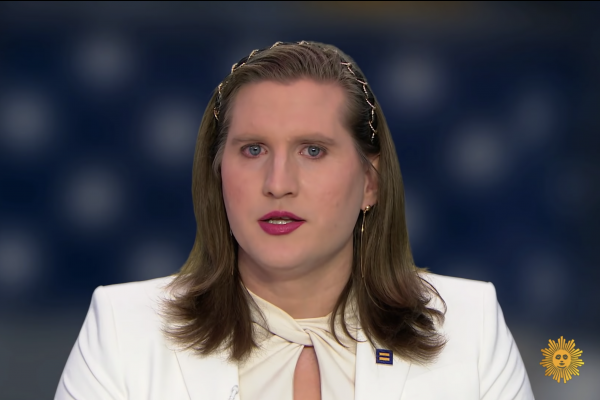Dec 9, 2019
Charlotte Clymer is an activist, writer, and Twitter savant. She’s a veteran who served with the U.S. Army from 2005 to 2012, and she serves currently as the press secretary for the Human Rights Campaign, an LGBTQ civil rights organization. Charlotte is one of the most prominent trans activists in the country, and I wanted to learn more about how her personal experiences with poverty, the U.S. military, and being transgender have shaped the person she has become today. I’ve learned so much through our friendship over the years, and I’ve learned even more in this conversation about the challenges she’s encountered, and how and why she remains active in seeking justice and civil rights for all.
Read the Full Article

Already a subscriber? Login
